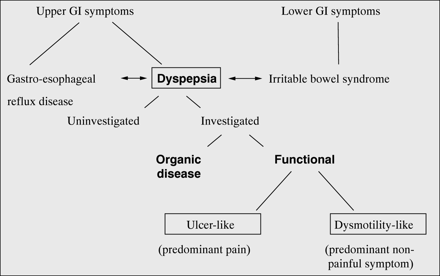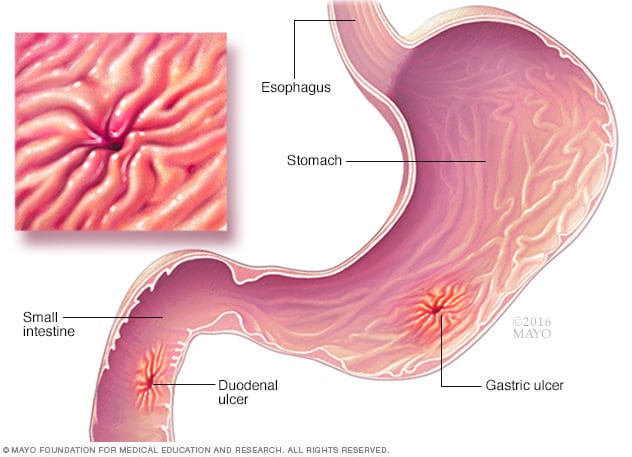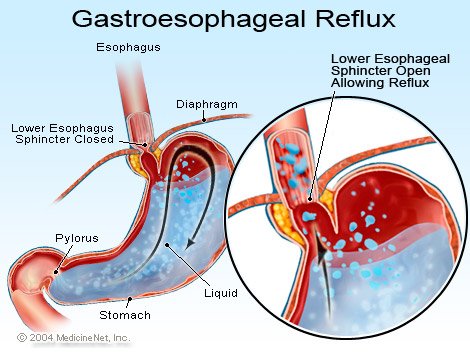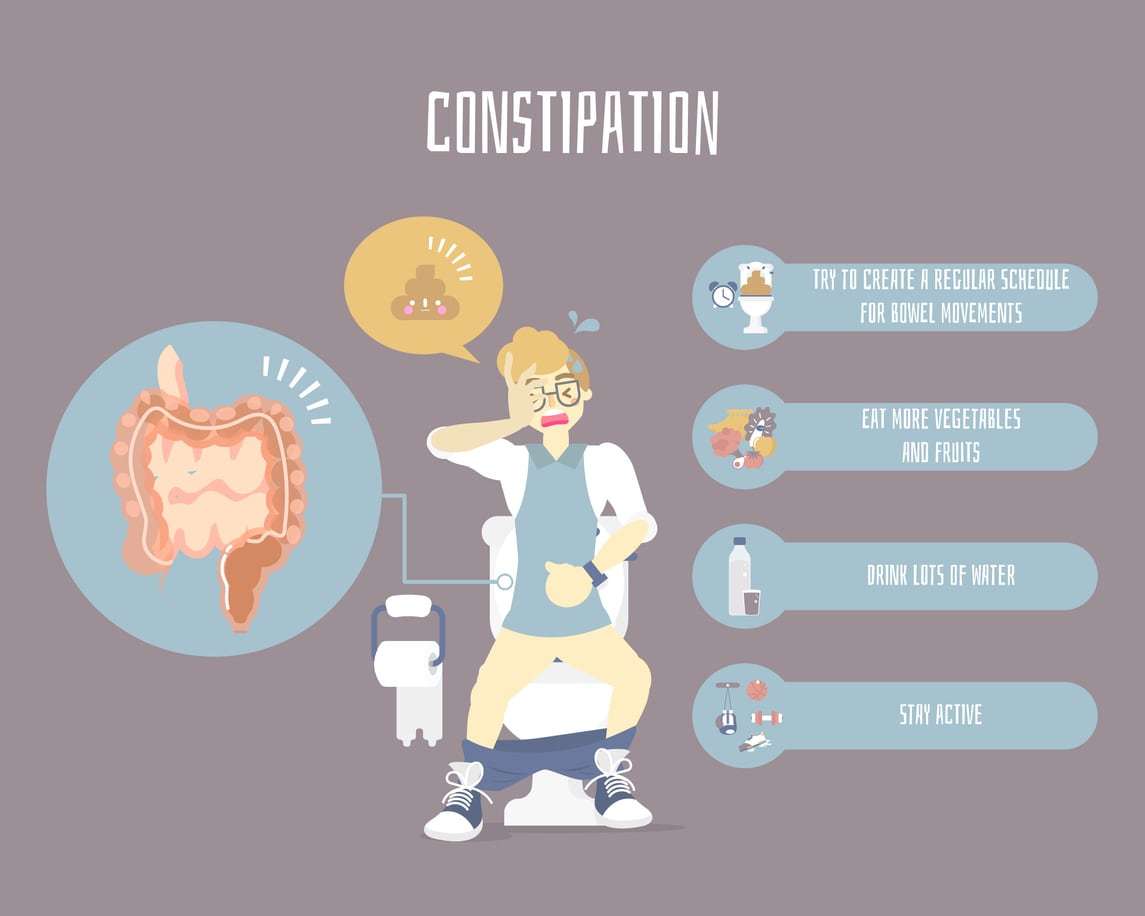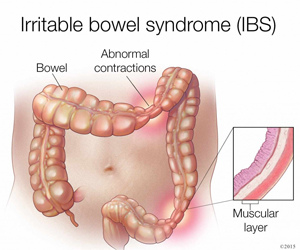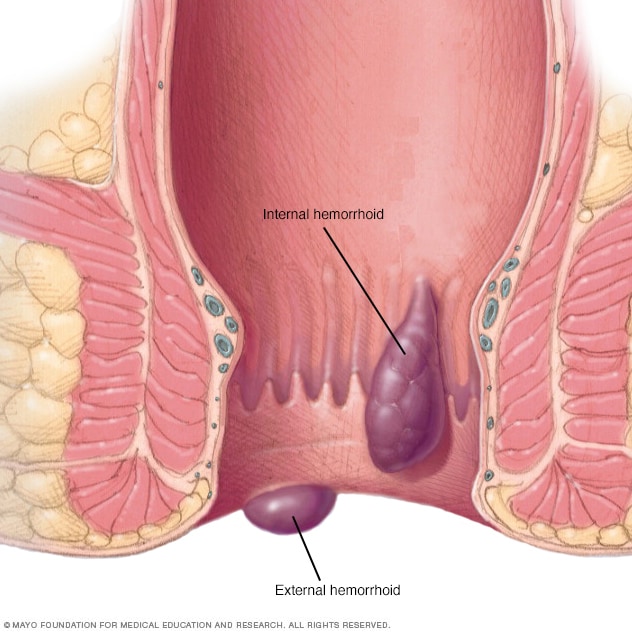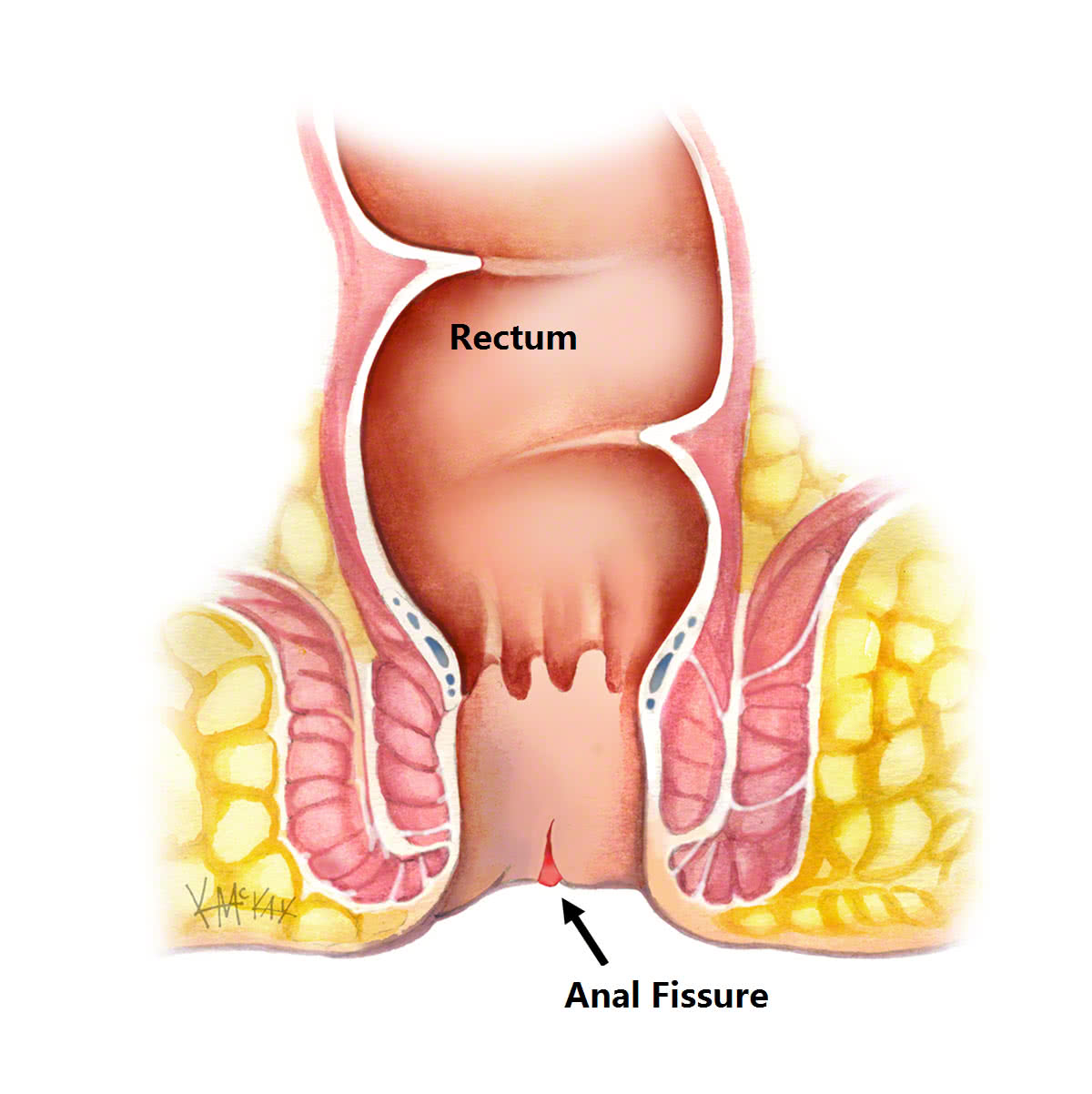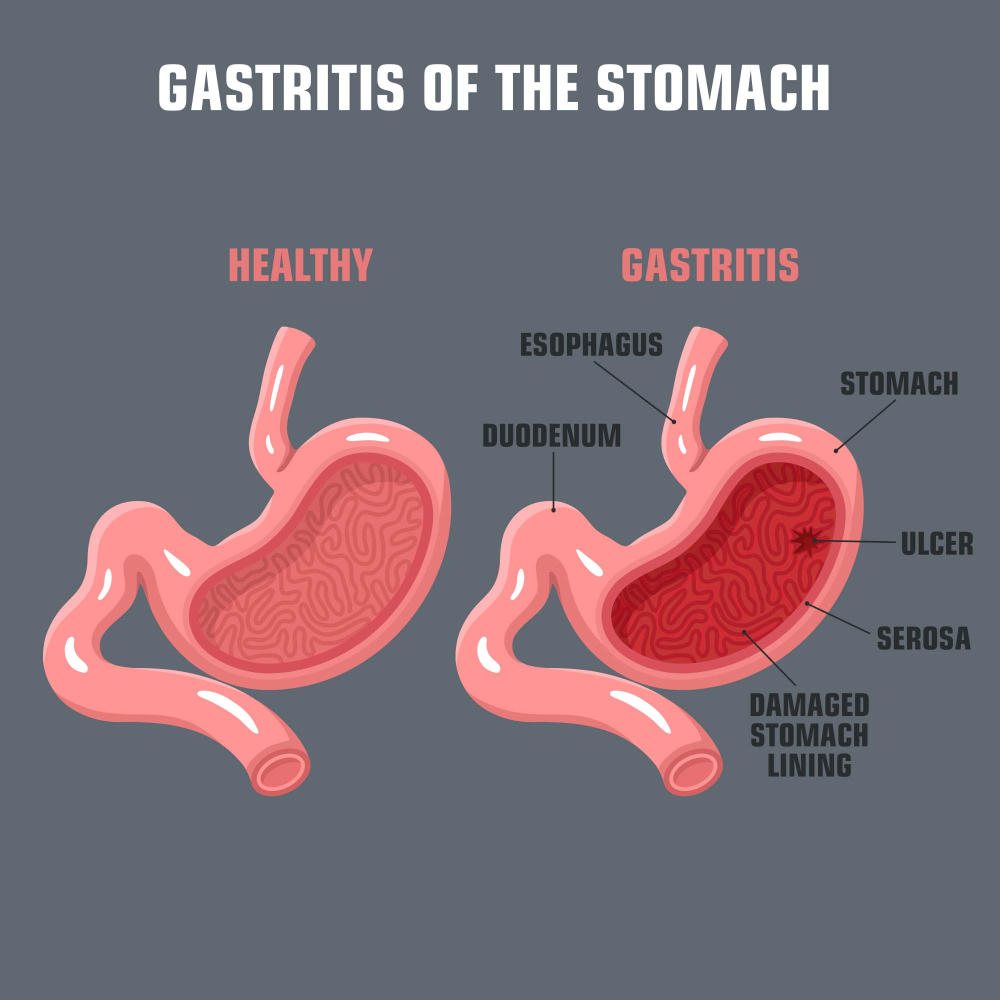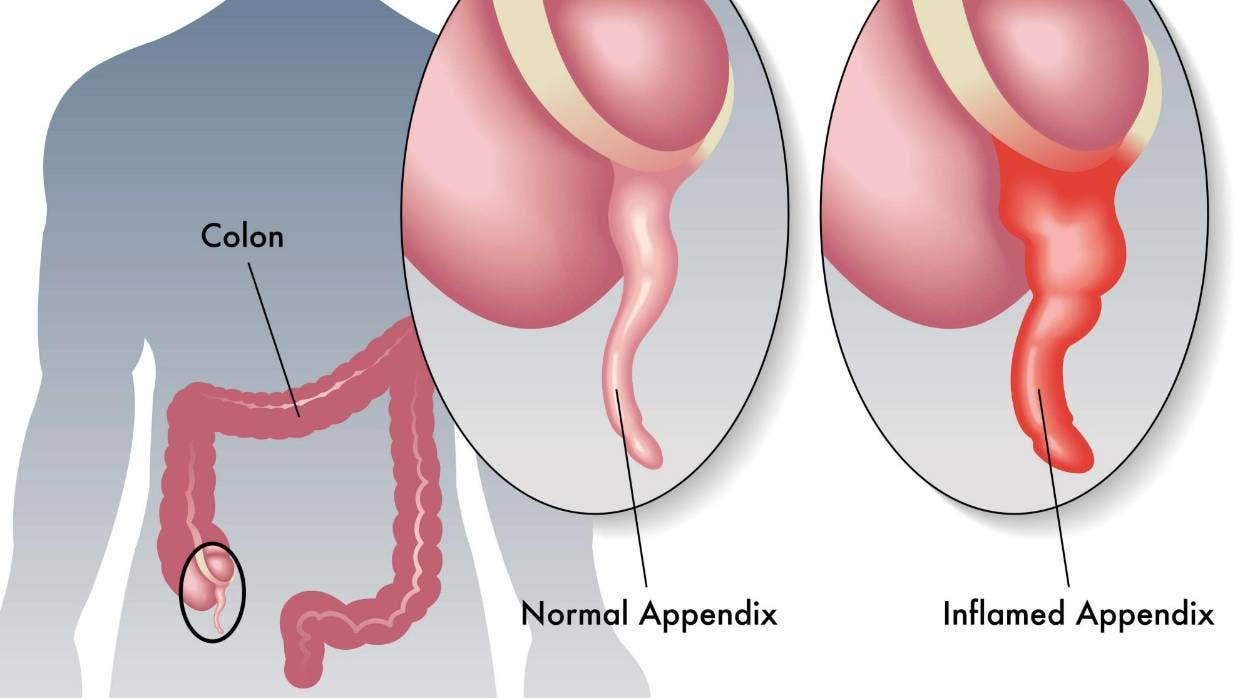Digestive System Diseases Study Guide
Introduction
The gastrointestinal (GI) tract, which runs from the mouth to the anus, is a series of hollow organs that are connected to each other. This pathway by which food enters the body and solid wastes are expelled, is affected by gastrointestinal illnesses.
Types of Gastrointestinal Diseases
There are 2 types of GI disorders, namely functional and structural.
Functional gastrointestinal disorders:
It seems normal when the GI tract is checked, but it does not function correctly. This is referred to as a functional illness. They are the most frequent gastrointestinal issues (including the colon and rectum). Common symptoms include constipation, irritable bowel syndrome (IBS), nausea, food poisoning, gas, bloating, and diarrhea.
Structural gastrointestinal disorders:
The term “structural gastrointestinal disorders” refers to conditions in which the bowel appears odd and does not function correctly. Surgical removal of the structural anomaly is sometimes required. Strictures, stenosis, hemorrhoids, diverticulosis, colon cancer, and inflammatory bowel disease are all instances of structural GI illnesses.
Most Common Examples of GI Disorders
1. Ulcers
Ulcers are lesions in the stomach or duodenal lining caused by bacterial infections. The stomach’s acidic environment might also cause them. Stomach acids have the potential to harm the stomach lining. Abdominal discomfort and bleeding are common symptoms.
2. Heartburn
Stomach acid backing up into the esophagus causes heartburn, a severe burning sensation in the chest. Unless the condition is resolved, stomach acid may cause significant damage to the esophagus.
3. Constipation
Constipation is one of the disorders of gut that results in difficulty in passing stools, or the stools are infrequent or incomplete. Constipation is frequently caused by a lack of “roughage” or fiber in the diet, as well as a change in the normal routine or diet. Constipation can also cause strain during bowel movements. It can result in tiny, hard stools and anal issues, including fissures and hemorrhoids.
4. Irritable bowel syndrome
This is a condition in which the colon muscle contracts more or less frequently than it should. Certain foods, medications, and mental stress are all known to cause IBS. Some common symptoms can include abdominal pain or cramps, bloating or alternating constipation, and diarrhea.
5. Hemorrhoids
Hemorrhoids are caused by dilated veins in the anal canal. The anal hole is lined with enlarged blood vessels. The chronic excess pressure from straining during bowel movements, severe diarrhea, or pregnancy might cause them.
6. Anal fissures
Fissures or cracks in the anal opening’s lining. The passing of very hard or wet feces is the most prevalent cause of an anal fissure. The underlying muscles that govern the movement of stool through the anus and out of the body are exposed by the gap in the anal lining. An anal fissure is one of the most painful issues because exposed muscles become inflamed by feces or air, resulting in acute searing pain, bleeding, or spasm following bowel movements.
7. Diverticular disease
Diverticulosis is characterized by the formation of tiny outpouchings (diverticula) in the muscular wall of the large intestine in weaker places. The sigmoid colon, a high-pressure portion of the bottom large intestine, frequently appears. Too little fiber in the diet is a common reason. Diverticulitis can arise from diverticulosis in some cases.
8. Mumps
This inflammatory disorder affects the salivary glands, particularly the parotids. The mumps virus causes this.
9. Gastritis
This is a frequent gastric ailment that arises when the corrosive activity of gastric juice is outweighed by the protecting effect of mucus on the stomach mucosa. The quantity of mucus in the stomach is insufficient to protect the surface epithelium from hydrochloric acid’s harmful effects.
10. Appendicitis
When the appendix gets inflamed, the lumen is tiny, leaving little room for enlargement. Obstacles such as hard fecal matter (fecaliths) or a foreign substance are frequently accompanied by microbial infection. Swelling and ulceration of the mucous membrane lining are caused by inflammatory exudate, including fibrin and phagocytes. Ischemia develops as the pressure inside the appendix rises, occluding the veins first, then the arteries, resulting in gangrene and rupture.
Conclusion:
- Gastrointestinal diseases are abnormal functioning or infections of the alimentary canal.
- Some most common examples include peptic ulcers, irritable bowel syndrome, constipation, Hemorrhoids, diverticulosis.
- Taking care of your digestive system is very important.
- Regular exercise, clean cooked food, avoiding much junk foods, a healthy diet can be a few ways to keep your gastrointestinal tract healthy.
FAQs:
1. What are the 10 common diseases of the digestive system?
Gastroesophageal Reflux Disease (GERD), peptic ulcers, stomach flu, celiac disease, inflammatory bowel disease, irritable bowel syndrome, constipation, hemorrhoids, diverticulosis, gallstones are a few common digestive system diseases.
2. What three foods are bad for your gut?
Artificial sweeteners, alcoholic beverages, fried and processed foods.
3. What are the symptoms of a flawed digestive system?
Abdominal pain, weakness, nausea, vomiting, irregular feces, excess blood or mucus in feces, and constipation are some of the symptoms of a bad digestive system.
4. What causes digestive disorders?
Food or water contaminated with bacteria or protozoans and foods that are not good for gut health, such as processed foods, spicy food, alcohol, etc., can cause digestive disorders.
5. What are GI disorders?
Abnormal functioning of the digestive system is known as GI disorders.
We hope you enjoyed studying this lesson and learned something cool about the Digestive System Diseases! Join our Discord community to get any questions you may have answered and to engage with other students just like you! Don’t forget to download our App to experience our fun VR classrooms – we promise, it makes studying much more fun 😎
Sources:
Gastrointestinal Diseases. https://my.clevelandclinic.org/health/articles/7040-gastrointestinal-diseases. Accessed on 25 Nov, 2021.Digestive System Diseases. https://flexbooks.ck12.org/cbook/ck-12-biology-flexbook-2.0/section/13.38/primary/lesson/digestive-system-diseases-bio/. Accessed on 25 Nov, 2021.Digestive diseases. https://medlineplus.gov/ency/article/007447.htm. Accessed on 25 Nov, 2021.
]]>
